Teetotallers take more days off sick than moderate drinkers, study finds
Researchers say non-drinkers have up to 50% higher risk of absence from work for a host of physical and mental ailments
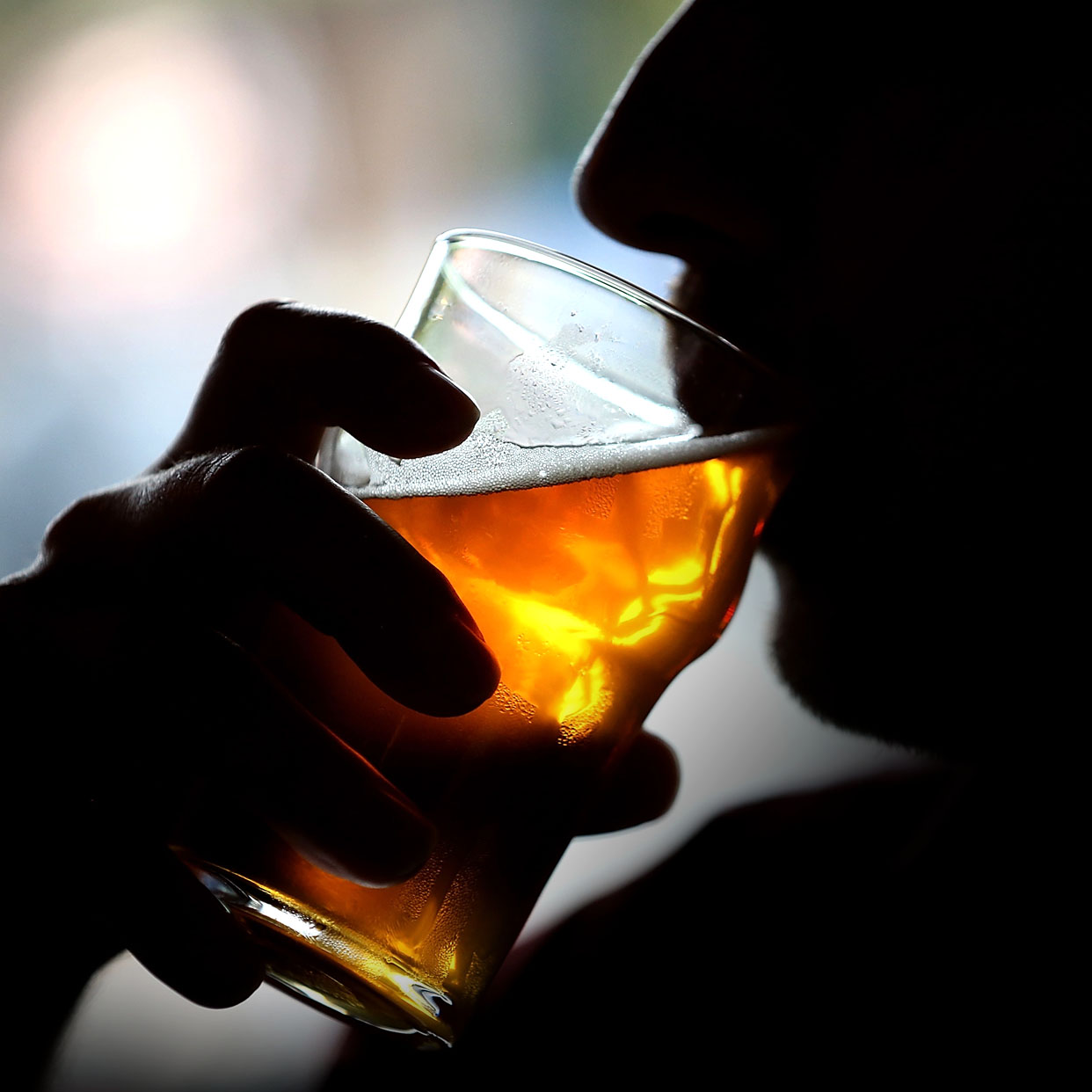
A free daily email with the biggest news stories of the day – and the best features from TheWeek.com
You are now subscribed
Your newsletter sign-up was successful
People who don’t drink alcohol are far more likely to take time off work for sick leave than people who drink in moderation, according to a new study.
Researchers led by a team at the Finnish Institute of Occupational Health analysed absence records and survey results from more than 47,000 people in Britain, France and Finland. The study found that moderate drinkers tend to be healthier than people at the extreme ends of the alcohol consumption scale - teetotallers and alcoholics.
Both excessive and non-drinkers were between 20% and 50% more likely to take a significant amount of time off work for ailments including mental disorders, muscles and bone problems and illnesses of the stomach and lungs. The researchers excluded from their results people who had stopped drinking explicitly for the sake of their health.
The Week
Escape your echo chamber. Get the facts behind the news, plus analysis from multiple perspectives.

Sign up for The Week's Free Newsletters
From our morning news briefing to a weekly Good News Newsletter, get the best of The Week delivered directly to your inbox.
From our morning news briefing to a weekly Good News Newsletter, get the best of The Week delivered directly to your inbox.
Women who consumed between one and 11 units of alcohol a week, and men who consumed between one and 34 units, had the lowest risk of taking at least a week off work through illness. One bottle of wine contains around ten units.
Abstinence has “reached record levels among Britain’s youth, with the country increasingly polarised between people who like a drop very much and those awho would never touch one”, The Times reports.
According to Office for National Statistics estimates, around 7.8 million people regularly binged on alcohol last year, while a quarter of 16- to 24-year-olds, and a similar proportion of over-65s, avoided it altogether, the newspaper adds.
Jenni Ervasti, the study’s lead author, said that heavy drinkers might also “end up stopping work, whether through becoming effectively unemployable or taking early retirement to spend more time in the pub”.
A free daily email with the biggest news stories of the day – and the best features from TheWeek.com
“Our findings demonstrate that the U-shaped association - higher risk of sickness absence among both abstainers and average drinkers - relates to a different set of diagnoses of sickness absence in the two groups,” she explained. “Some diseases, or their treatment, prevent alcohol use, which may explain the excess risks among abstainers.
“Moreover, participants to whom at-risk drinking causes health problems may be selected out of the labour market - that is, if they retire early or become unemployed.”
-
 Bad Bunny’s Super Bowl: A win for unity
Bad Bunny’s Super Bowl: A win for unityFeature The global superstar's halftime show was a celebration for everyone to enjoy
-
 Book reviews: ‘Bonfire of the Murdochs’ and ‘The Typewriter and the Guillotine’
Book reviews: ‘Bonfire of the Murdochs’ and ‘The Typewriter and the Guillotine’Feature New insights into the Murdoch family’s turmoil and a renowned journalist’s time in pre-World War II Paris
-
 Witkoff and Kushner tackle Ukraine, Iran in Geneva
Witkoff and Kushner tackle Ukraine, Iran in GenevaSpeed Read Steve Witkoff and Jared Kushner held negotiations aimed at securing a nuclear deal with Iran and an end to Russia’s war in Ukraine
-
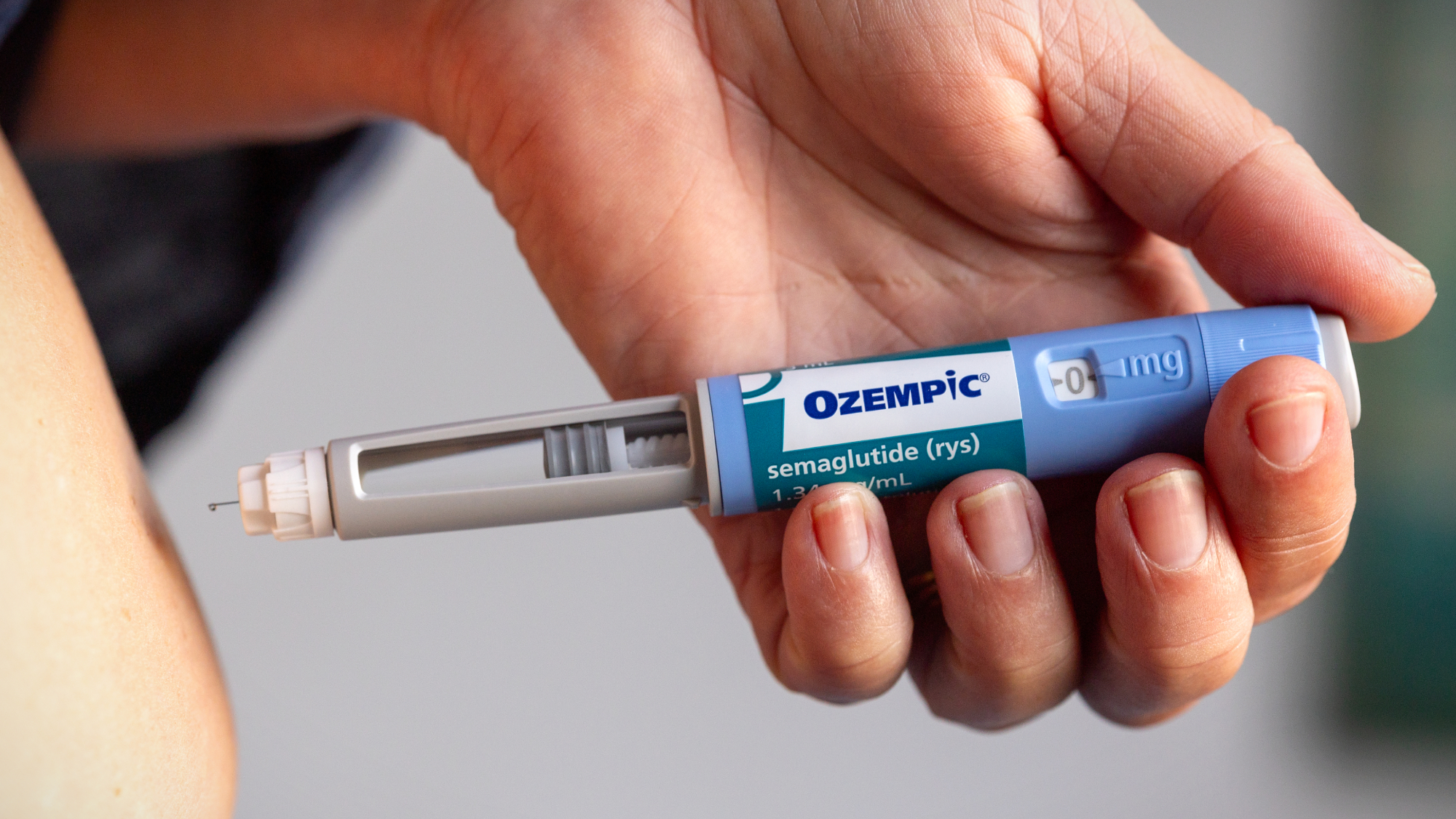 Ozempic can curb alcohol cravings, study finds
Ozempic can curb alcohol cravings, study findsSpeed read Weight loss drugs like Ozempic and Wegovy may also be helpful in limiting alcohol consumption
-
 What are the long-term effects of alcohol?
What are the long-term effects of alcohol?It's not just cancer
-
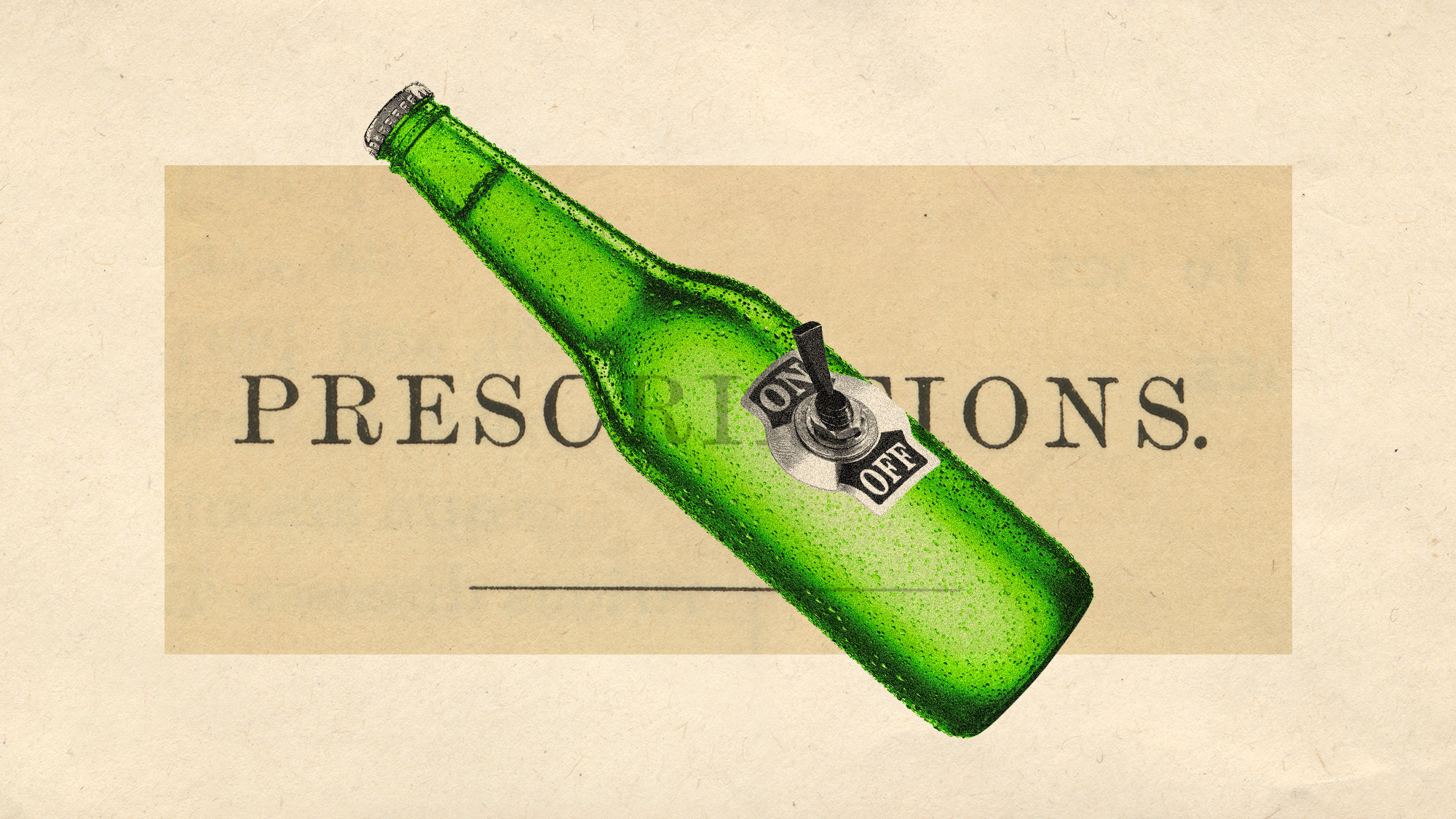 Naltrexone: the wonder drug for alcoholism
Naltrexone: the wonder drug for alcoholismThe pill is said to have a high success rate in reducing alcohol cravings with few side effects
-
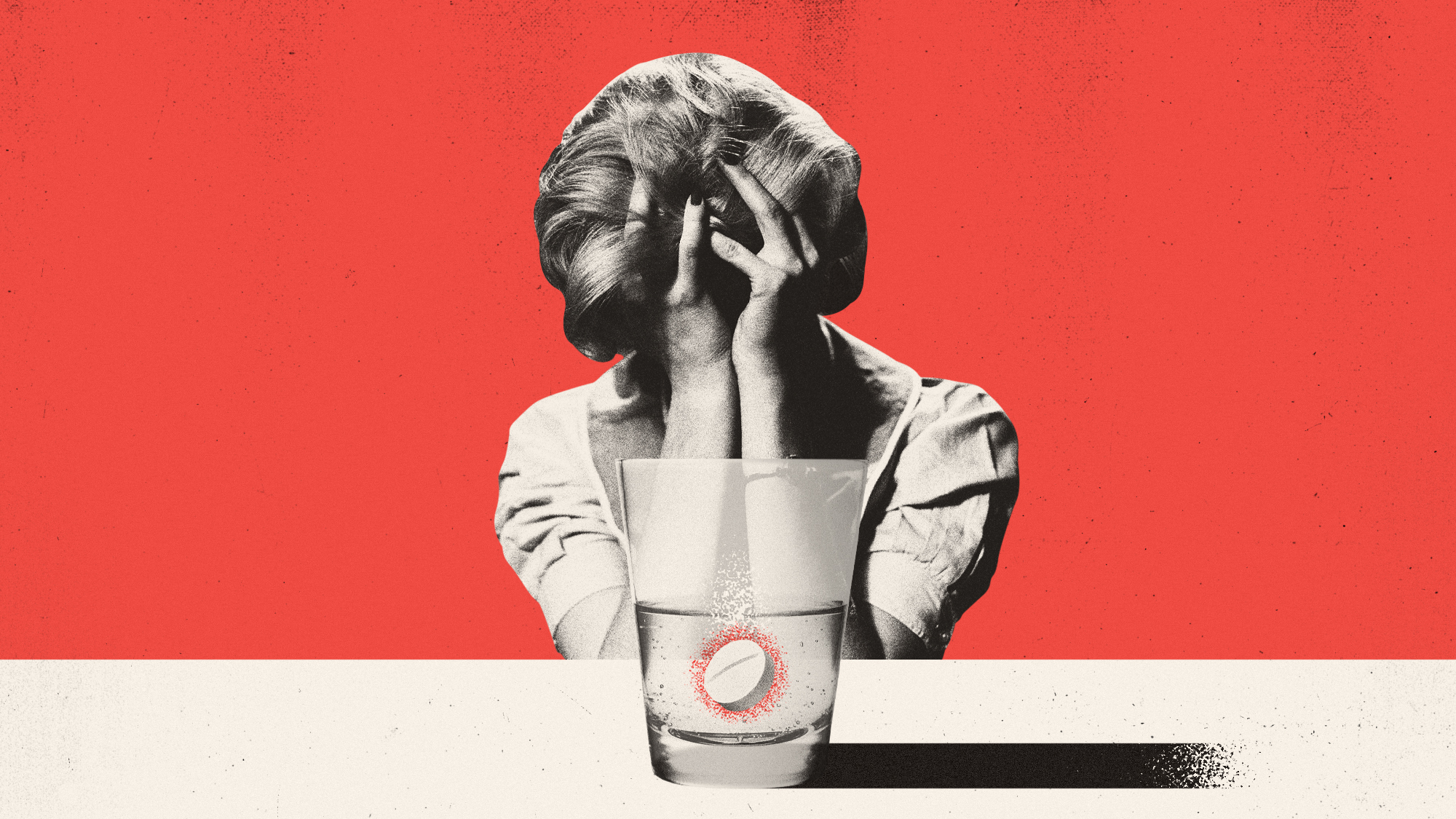 Can you prevent a hangover?
Can you prevent a hangover?Talking Point Over half of us will drink more than usual this month, but there are ways to minimise the effects of alcohol on the morning after
-
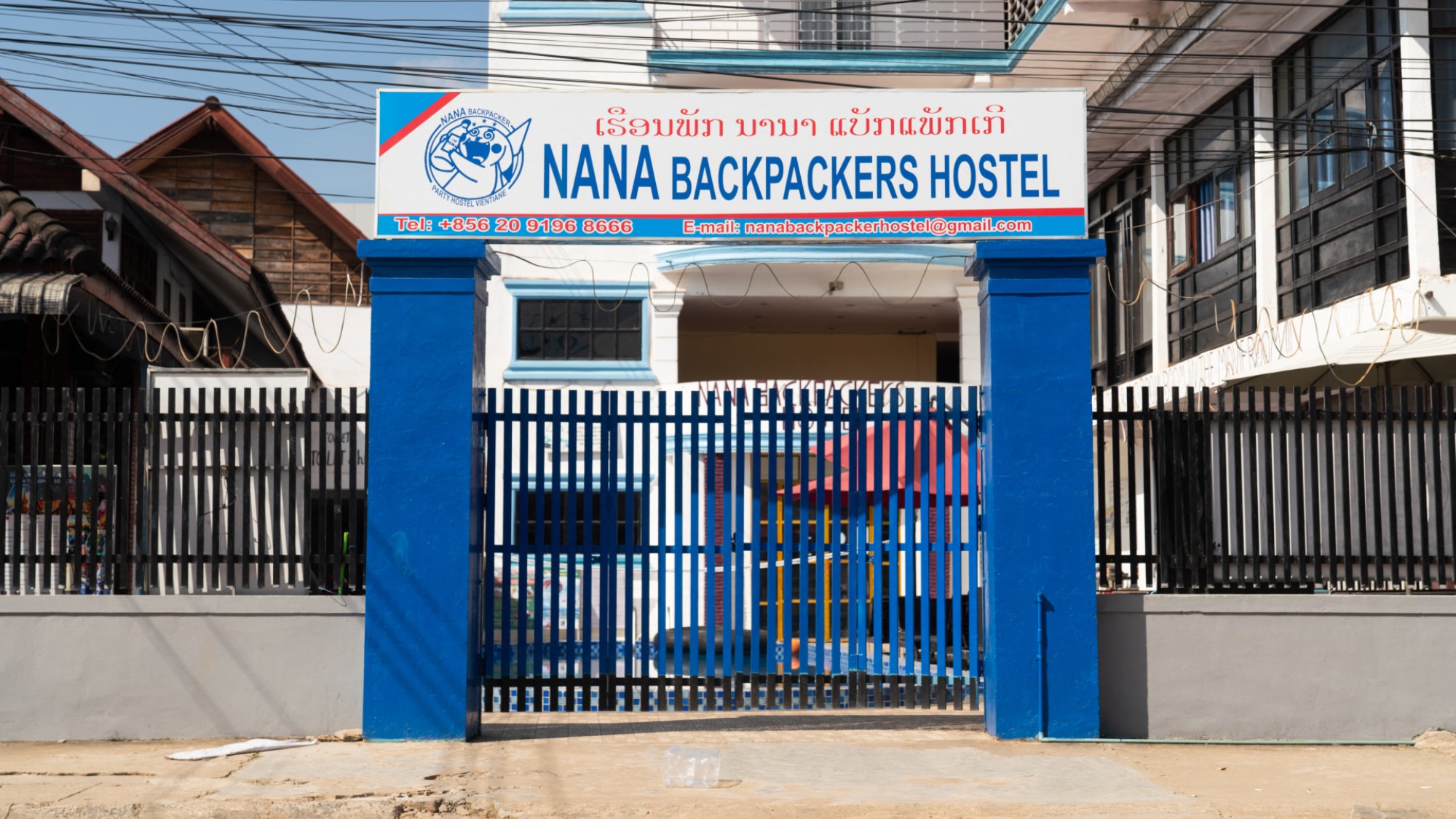 Methanol poisoning: how Laos horror happened
Methanol poisoning: how Laos horror happenedThe Explainer Recent 'tainted-alcohol' deaths expose 'dangerous incentives driving backpacker-focused tourism'
-
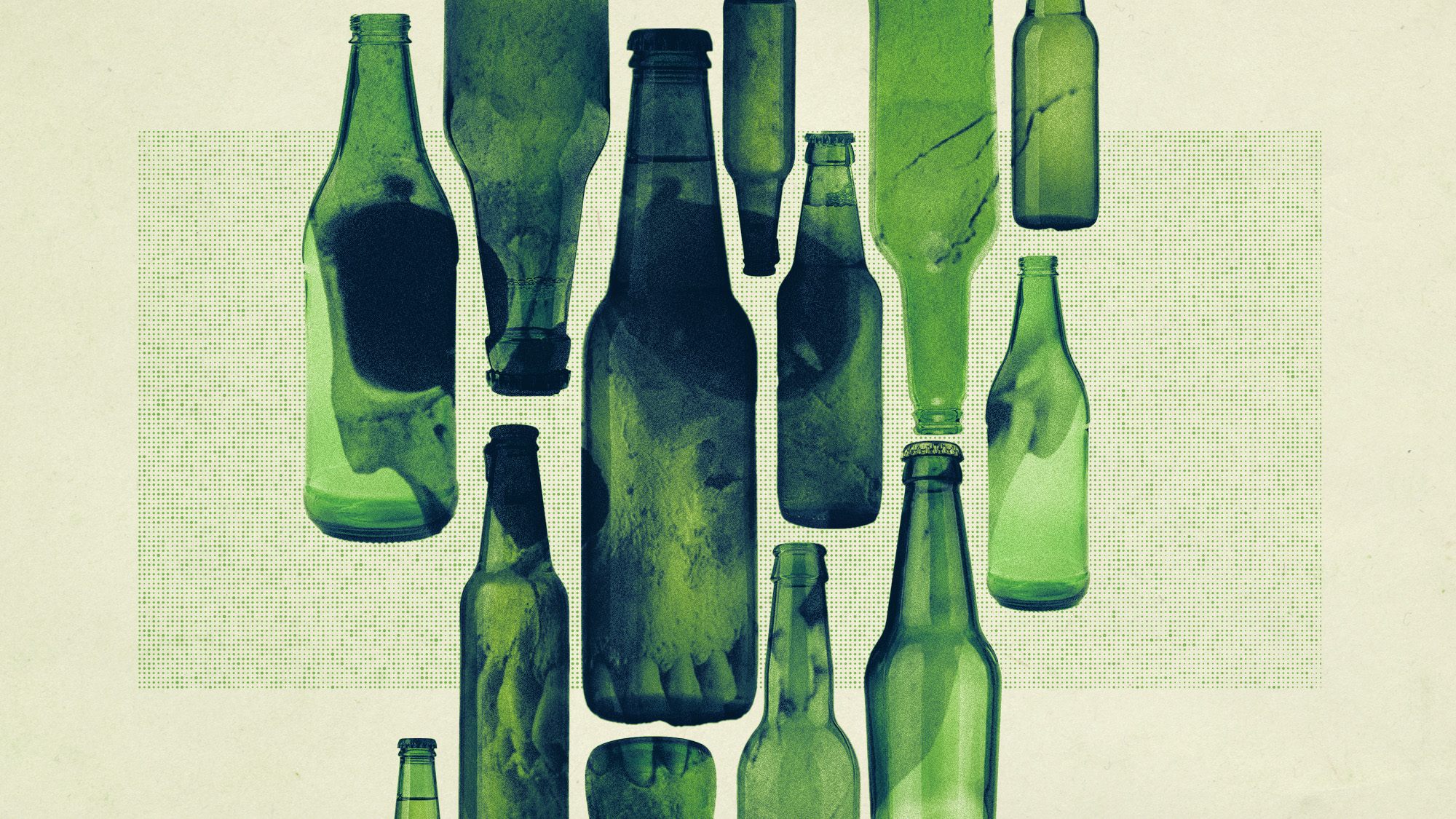 India's toxic alcohol problem
India's toxic alcohol problemUnder the Radar Bootleggers add lethal methanol to illegal liquor to cheaply increase potency, leading to widespread casualties
-
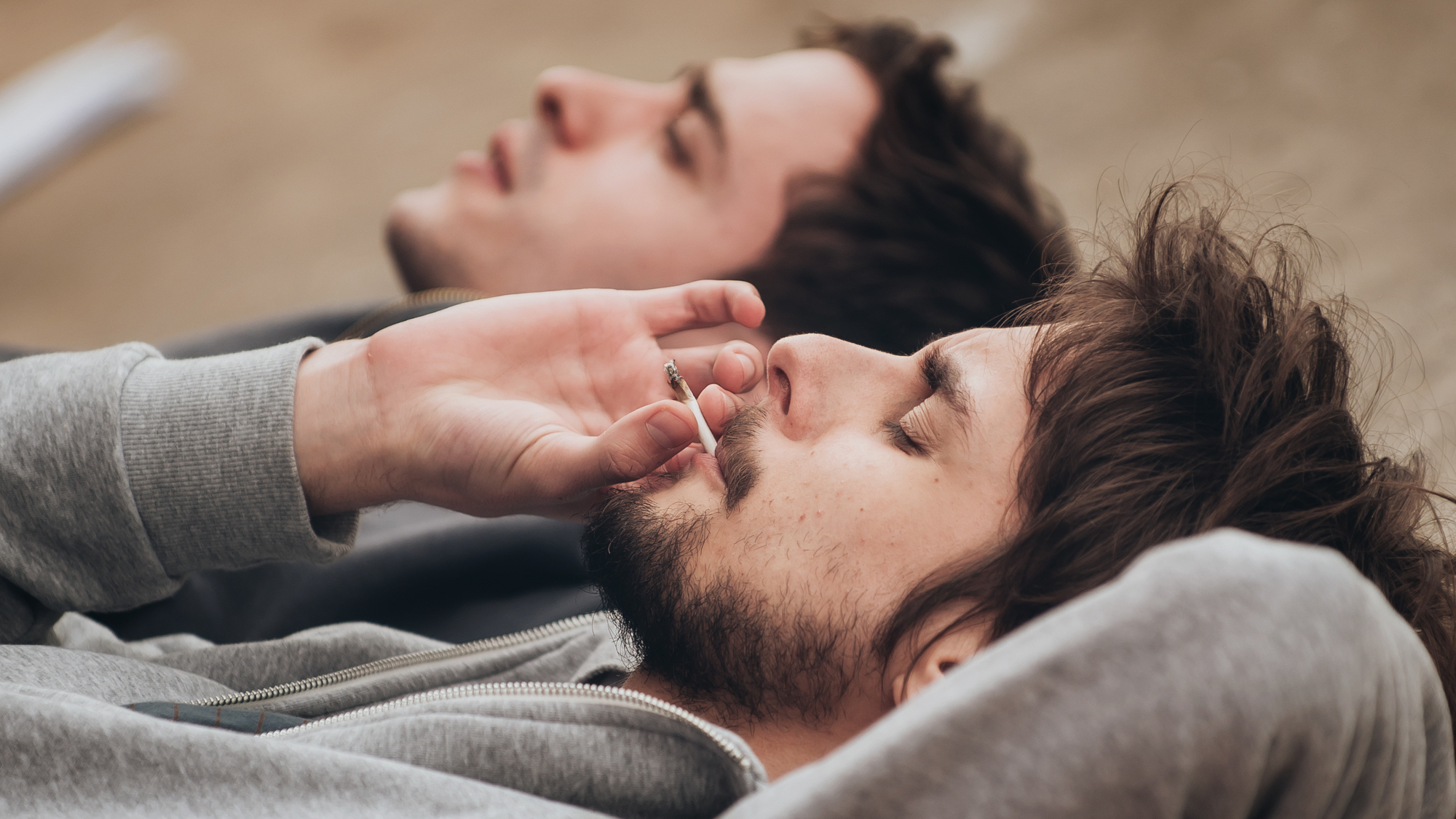 Cannabis tops alcohol in daily US consumption
Cannabis tops alcohol in daily US consumptionSpeed Read For the first time in U.S. history, daily cannabis users have outpaced daily drinkers
-
 Pros and cons of giving up alcohol
Pros and cons of giving up alcoholPros and Cons Staying off the booze has health benefits but many struggle with the social downsides